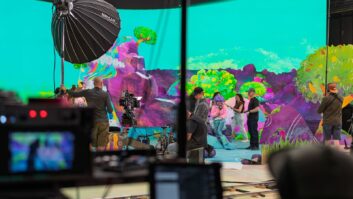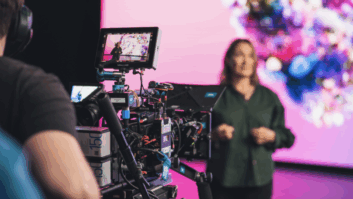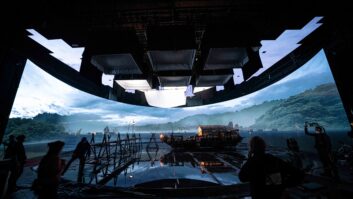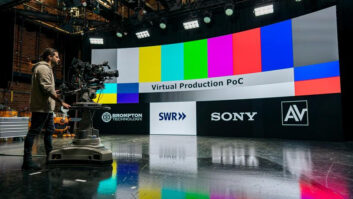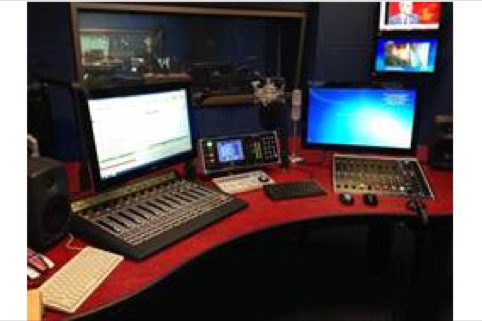
As part of the corporation’s Virtual Local Radio (ViLoR) project, developed by BBC Technology in collaboration with BBC Local Radio, BBC Radio Northampton is the first of an initial four stations to be equipped with the latest in-studio capabilities, designed to reduce the cost and time needed to upgrade and run a typical Local Radio station.
As part of the project, the underlying equipment and infrastructure of the radio studio will be moved to a central, shared, location. Editorial teams will have full control over the playout system and mixing desks, but the audio files will be stored, streamed, mixed and processed in a remote data centre, in realtime. The system was designed to ensure that only the back-end equipment is centralised so that editorial and production teams can continue to present from the local community.
ViLoR is designed to offer a range of benefits to the editorial staff and wider BBC, including improved audio quality; improved conversation with the audience; more sharing of content; and make it easier for teams to cover local events on the ground, with pop-up radio stations.
The project means that the physical space, power and cooling required at a Local Radio station for on-site back room equipment is significantly reduced down from a room the size of a double garage to almost zero. The virtual stations can be updated with the latest software, simultaneously at the data centre rather than a costly manual visit to each of the 39 stations.
Peter Coles, interim CTO for the BBC, said: “Northampton is a first, but significant, step toward us proving the potential for a fully virtualised BBC Local Radio network, and I’m sure we’ll see the industry begin to adopt a similar approach. We’ll continue to test and iterate the technology to help shape future plans before we decide whether to roll the system out across additional BBC Local Radio stations.”

